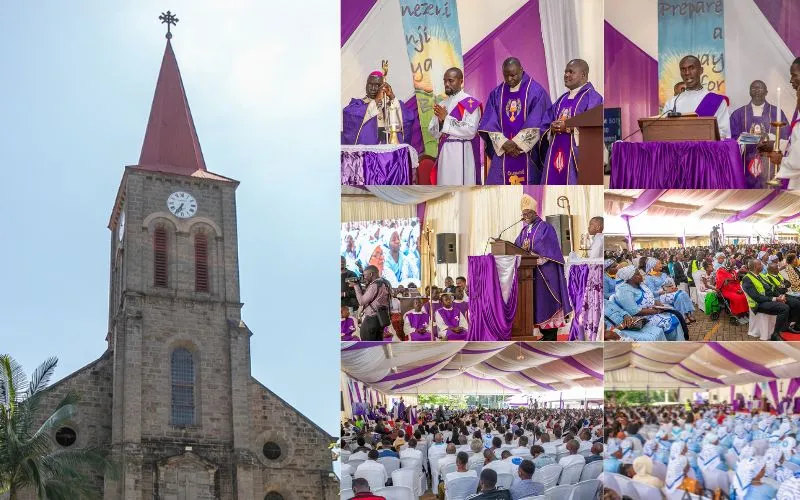Luanda, 06 January, 2024 / 9:24 pm (ACI Africa).
Church leaders in Africa, who have prohibited the implementation of Fiducia Supplicans (FS) in their Episcopal Sees and territories they govern.
In separate statements, members of the Episcopal Conference of Mozambique (CEM) and those of the Bishops' Conference of Angola and São Tomé and Príncipe (CEAST) have weighed in on FS, the document that the Vatican Dicastery for the Doctrine of Faith (DDF) released on December 18 permitting the blessing of “same-sex couples” and couples in other “irregular situations”.
“We, the Bishops, have decided that irregular unions and same-sex unions should not be blessed in Mozambique,” CEM members say, reiterating the stance of their counterparts in Malawi, Zambia, Cameroon, Nigeria, and the Democratic Republic of Congo, among others.
In their statement dated December 28, CEM members however encourage “all ordained ministers to show closeness and accompaniment to those living in irregular unions.”
They say, “The doctrine on marriage and the family remains unchanged because the blessing referred to in the Declaration (FS) has nothing to do with the liturgy and celebration of the sacrament of marriage, and the celebration of this sacrament cannot be replaced in any way with a blessing, as is the practice in some non-Catholic churches.”








